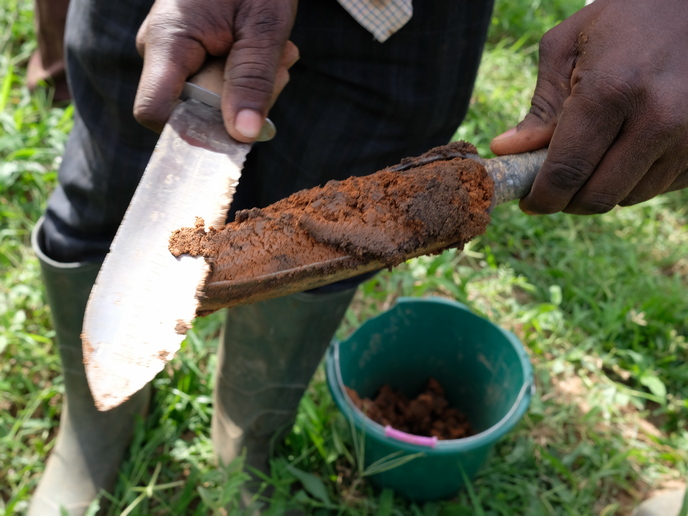Europe supports organic farming
In 2004, the EU, in order to support the organic farming sector, released the European Action Plan for Organic Food and Farming (EUOAP). The aim was to assess the conditions for organic farming and form the basis for future policy development. To facilitate the assessment of the short-term and long-term effects of EUOAP, the ‘European action plan of organic food and farming’ (ORGAP) consortium joined 10 partners from 9 countries to share their views and experiences with national action plans for organic agriculture. The ultimate goal of the project was to provide scientific support for the implementation of EUOAP. For this purpose, ORGAP partners developed the evaluation toolbox Orgapet, an instrument for aiding in the application of the EUOAP at the national and European levels. Orgapet was designed as an Internet and CD-based platform of different information, data and evaluation tools. It also included participative techniques, quantitative assessments and methods for identifying indicators of national or European organic action plans (OAPs). Various parameters of the organic food production chain were assessed, including the availability of information, training and education, as well as scientific research, production, processing and market development. The Orgapet toolbox was tested on selected national action plans after reviewing the design and implementation of these plans. Potential conflicts with EUOAP or problems associated with its administration were identified and resolved, concluding in policy recommendation to the EU and national authorities. To guarantee the appropriate selection of involved parties during the policy process, the ORGAP project developed a theoretical model for stakeholder classification. Collectively, the activities of the project supported the EU and its Member States in achieving a sustainable organic farming infrastructure.







